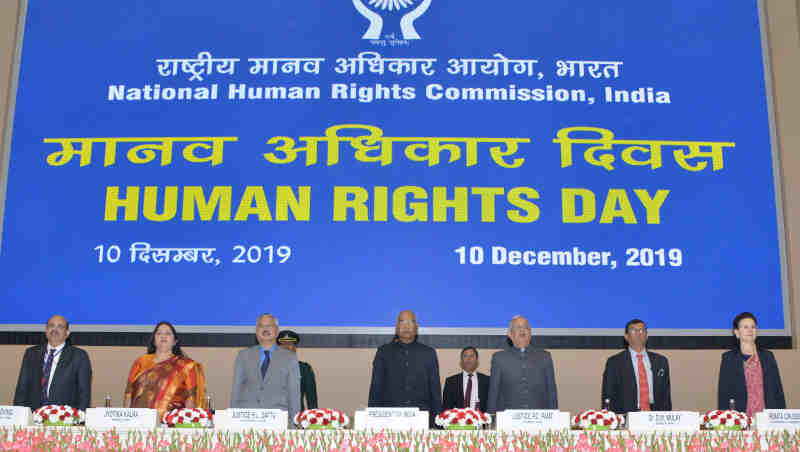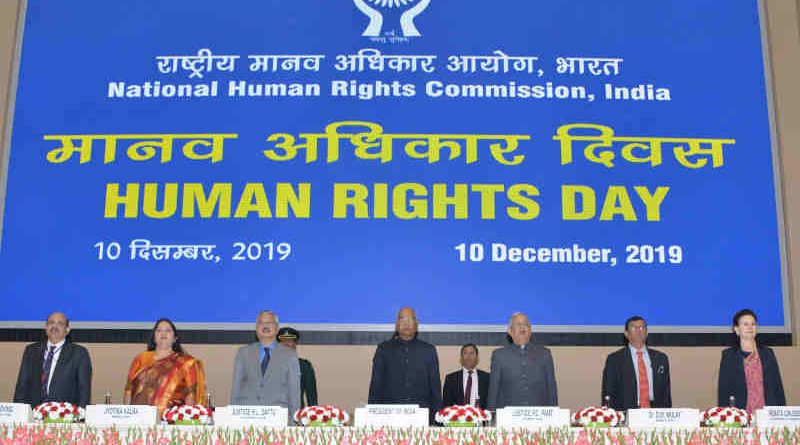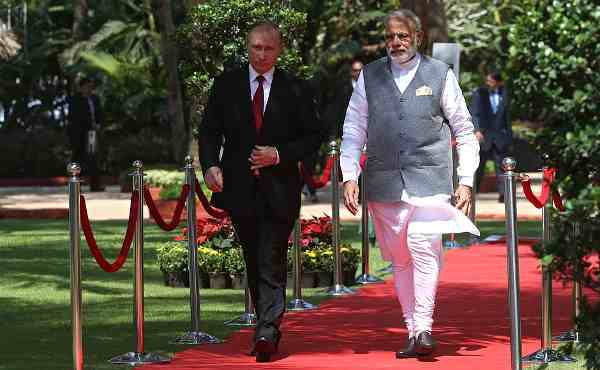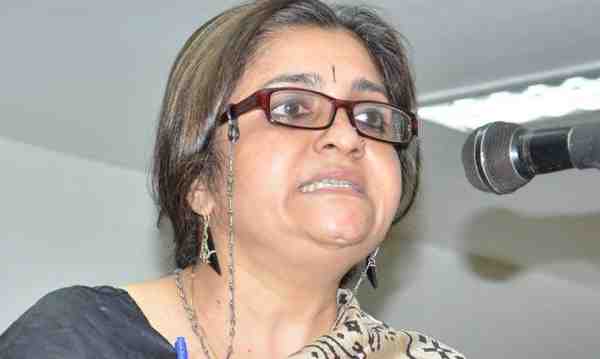Can the Toothless NHRC Protect Human Rights in India?

While human rights violations are being committed blatantly throughout India, strangely the National Human Rights Commission (NHRC) of India celebrated the Human Rights Day in New Delhi today (December 10).
As NHRC is a government-controlled toothless organization, it has repeatedly failed in protecting the rights of people. The global community including the UN and other leading independent organizations are blaming India for extreme human rights abuses throughout the country.
Picture this: A new U.S. report reveals deteriorating religious freedom conditions in India where the government headed by Prime Minister (PM) Narendra Modi is engaged in politicization of religion.
The United States Commission on International Religious Freedom (USCIRF) Report, 2019 finds that it is increasingly difficult to separate religion and politics in India – a tactic that is sometimes intentional by those who seek to discriminate against and restrict the rights of certain religious communities.
In September 2019, the UN Human Rights Office said that it is receiving more information on intimidation and reprisals against victims, members of civil society, and activists involving more and more States, reflecting a rise in cases globally. India is among the list of countries where such human rights violations are happening.
Of late, UN Secretary-General António Guterres expressed his concern over reports of restrictions on the Indian side of Kashmir, which – he said – could exacerbate the human rights situation in the region.
Rupert Colville, a spokesperson for the UN High Commissioner for Human Rights Michele Bachelet, issued a press note in Geneva on October 29 on the continuing human rights violations by India in Indian-Administered Kashmir.
According to the press note, the UN human rights office is extremely concerned that the population of Kashmir continues to be deprived of a wide range of human rights and it urges the Indian authorities to unlock the situation and fully restore the rights that are currently being denied.
Recently, a bipartisan resolution introduced in the U.S. House of Representatives has also urged India to end the restrictions on communications and mass detentions in Jammu and Kashmir (J&K) as swiftly as possible and preserve religious freedom for all residents.
The U.S. House resolution comes close on the heels of the similar observations made by German Chancellor Angela Merkel who expressed her concern over the persisting human rights violations being committed by India in Kashmir. Merkel – who was recently on a 3-day visit to India – had raised the Kashmir issue and the hardships that the people of Kashmir have been facing for the past few months.
Similar violations are being observed in the cyber space. According to the Freedom on the Net 2019 report, internet freedom declined in India—the result of an increase in arrests for online activity, and continued internet shutdowns during times of perceived unrest.
Plagued by the spread of disinformation and its violent effects offline, according to the report, the Modi government proposed worrisome new rules that would undermine freedom online.
NHRC Function
Addressing the gathering as the Chief Guest at the NHRC function, President of India Ram Nath Kovind said that the ideal way for the whole world to commemorate the ‘Human Rights Day’ is to honor the sacred text of the Universal Declaration of Human Rights (UDHR) by the United Nations.
Lauding the role of the NHRC towards the promotion and protection of human rights and the people’s faith in it, the President of India said that it has lived up to the expectations by playing the role of a quasi-judicial watch dog for a quarter of century without fear or favor. However, he said that the effective strengthening of human rights at the ground level is a collective task of the whole society.
Earlier, addressing the gathering, the NHRC Chairperson Justice H.L. Dattu said that UDHR is an embodiment of the aspirations of people across the world for achieving equality, dignity, and peaceful co-existence.
Giving an insight into the various functions of the NHRC and its contribution at the national and international forum, including Global Alliance of National Human Rights Institutions (GANHRI) and Asia Pacific Forum (APF) of National Human Rights Institutions, he said that the Commission’s endeavor has been to make itself as accessible to people as possible in redressing their grievances related to human rights violations.
Justice Dattu called upon the people to take a pledge to achieve a just and equitable society by upholding the principles and ideas enshrined in our Constitution and the Universal Declaration of Human Rights for the protection and promotion of human dignity.
On the occasion, Justice Dattu also released NHRC Journals in Hindi and English as well as a DVD of seven short films on human rights awarded by the Commission in 2019.






